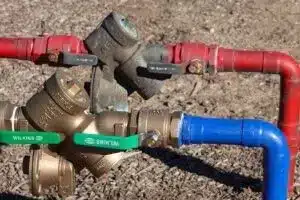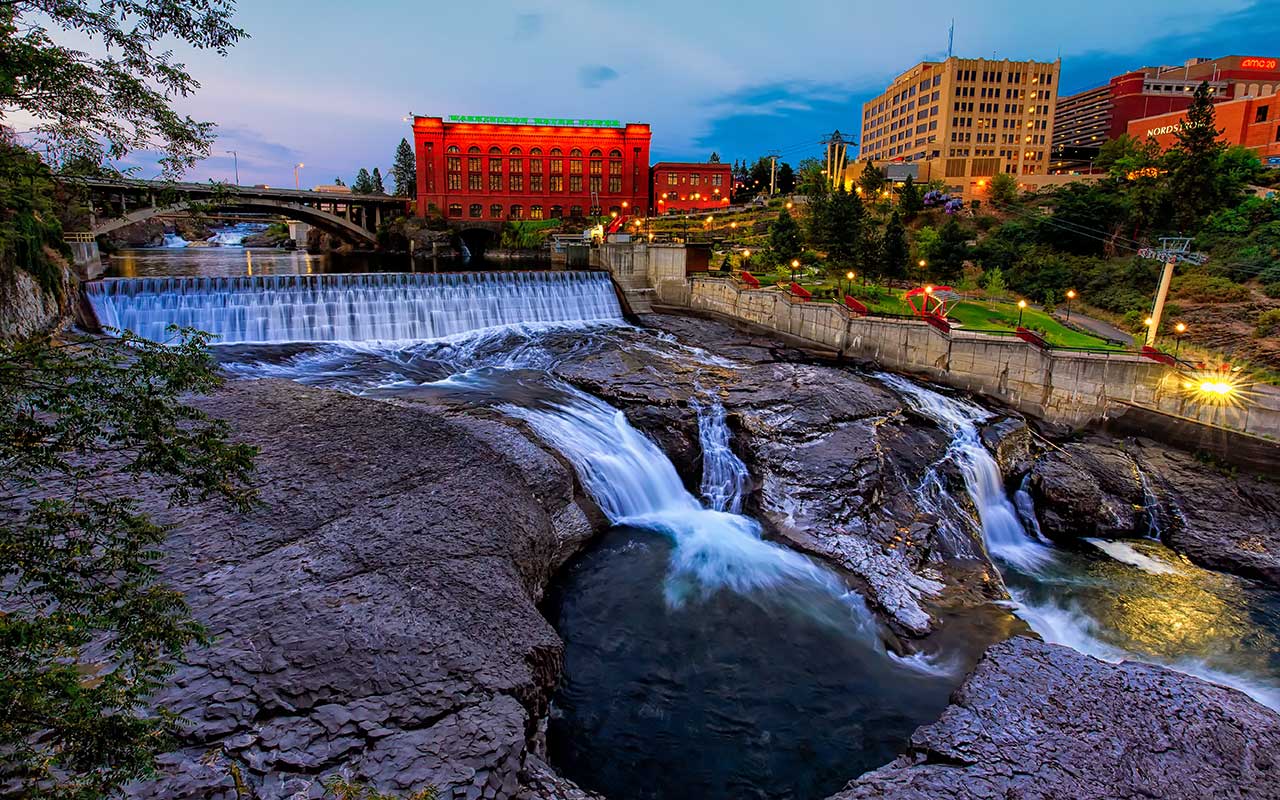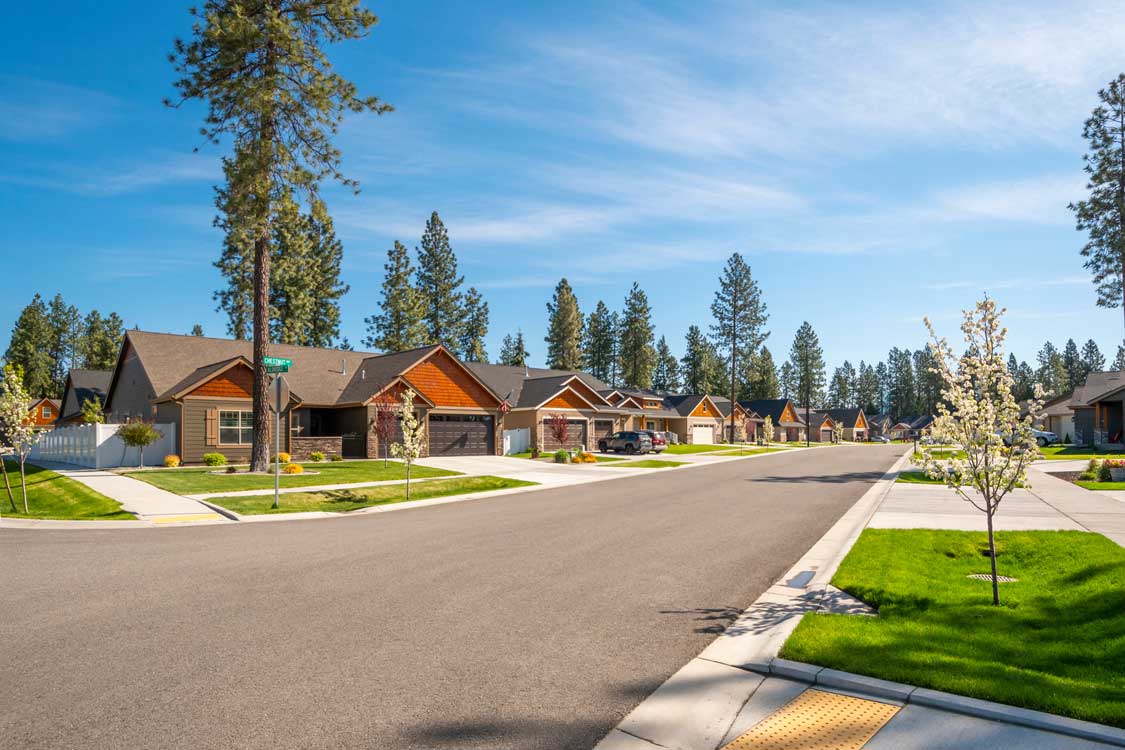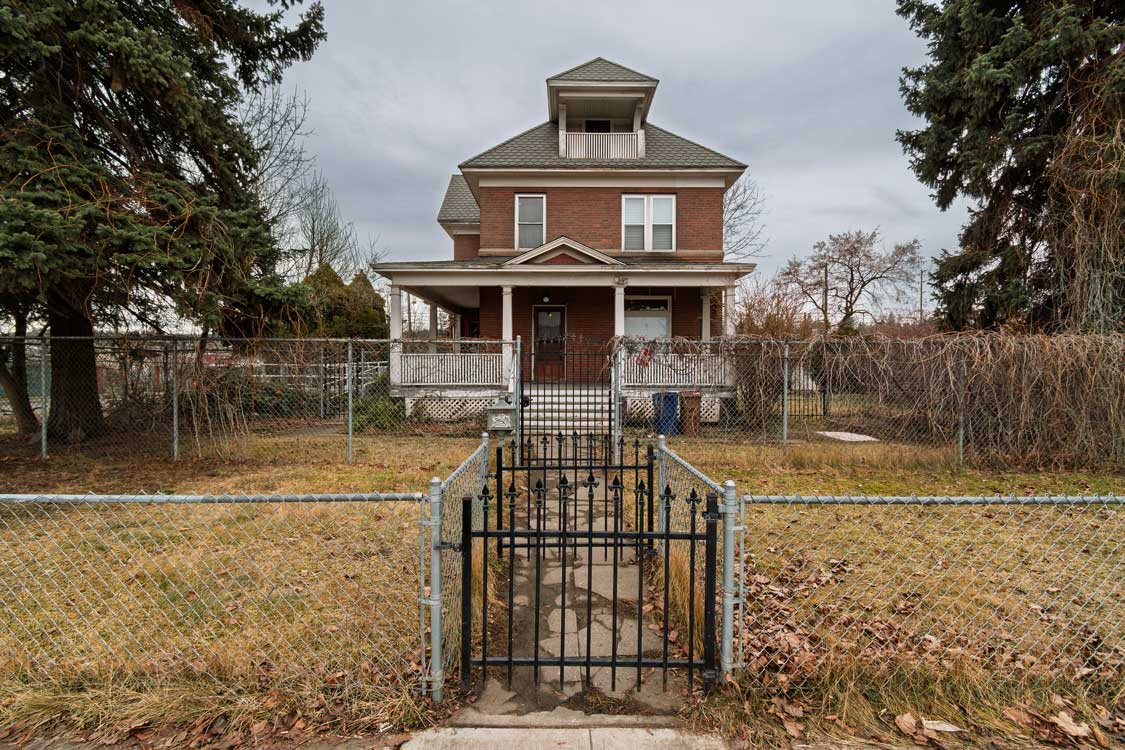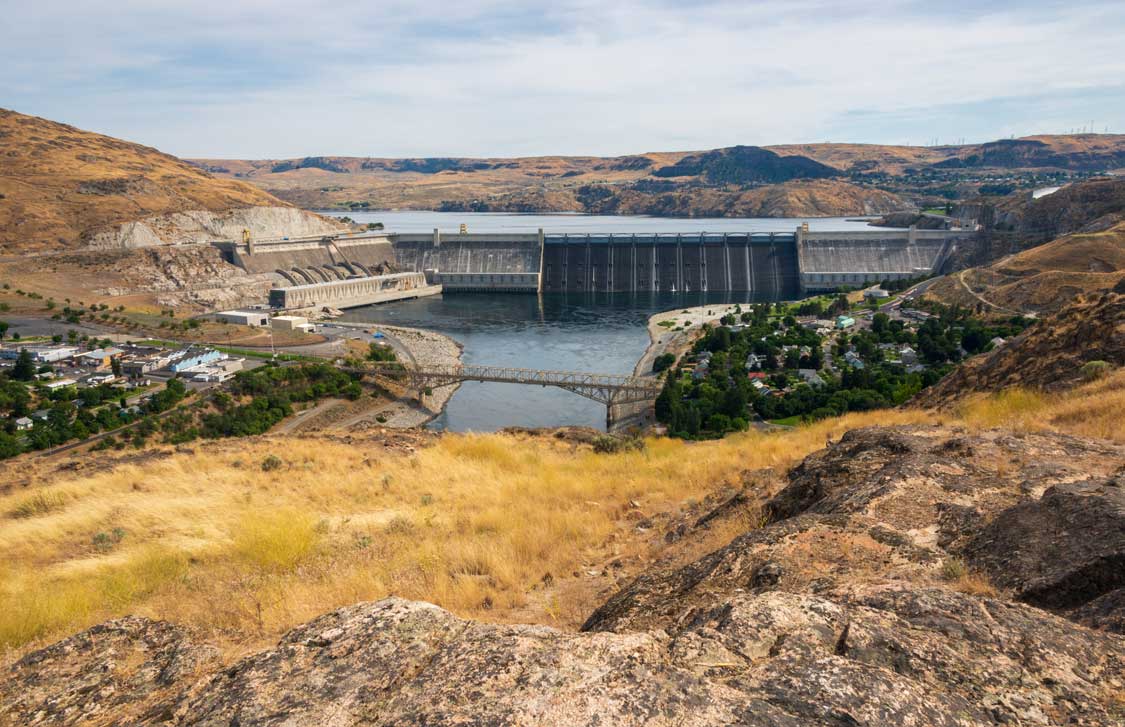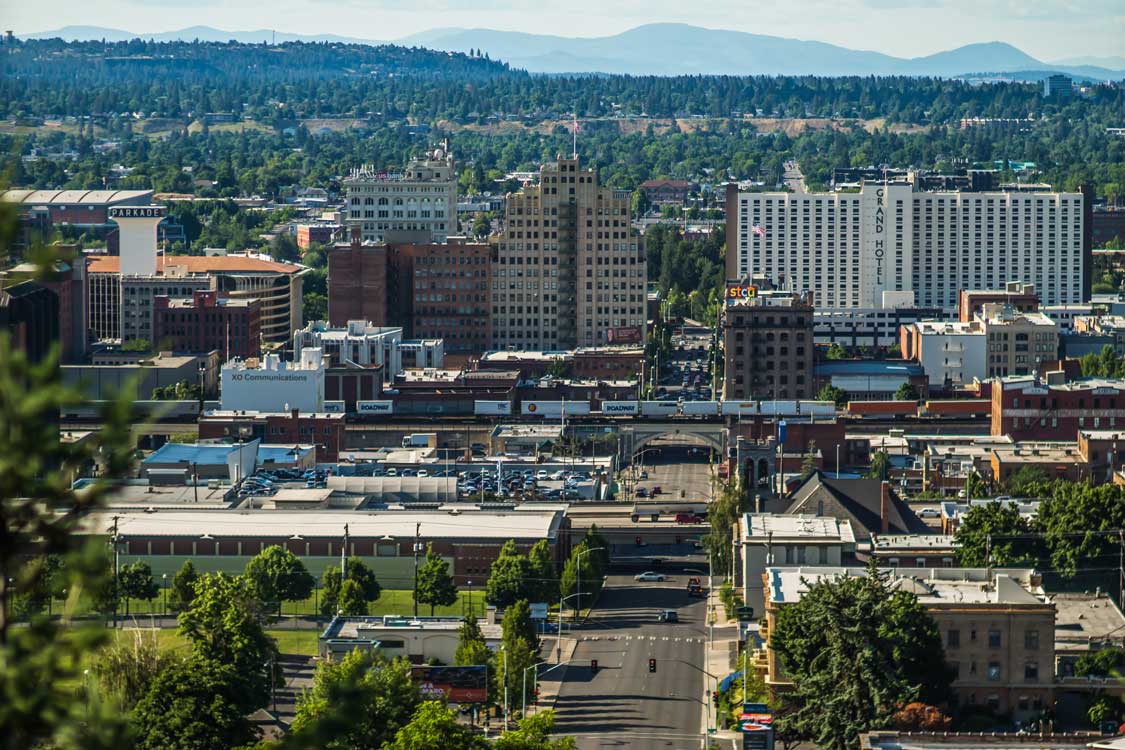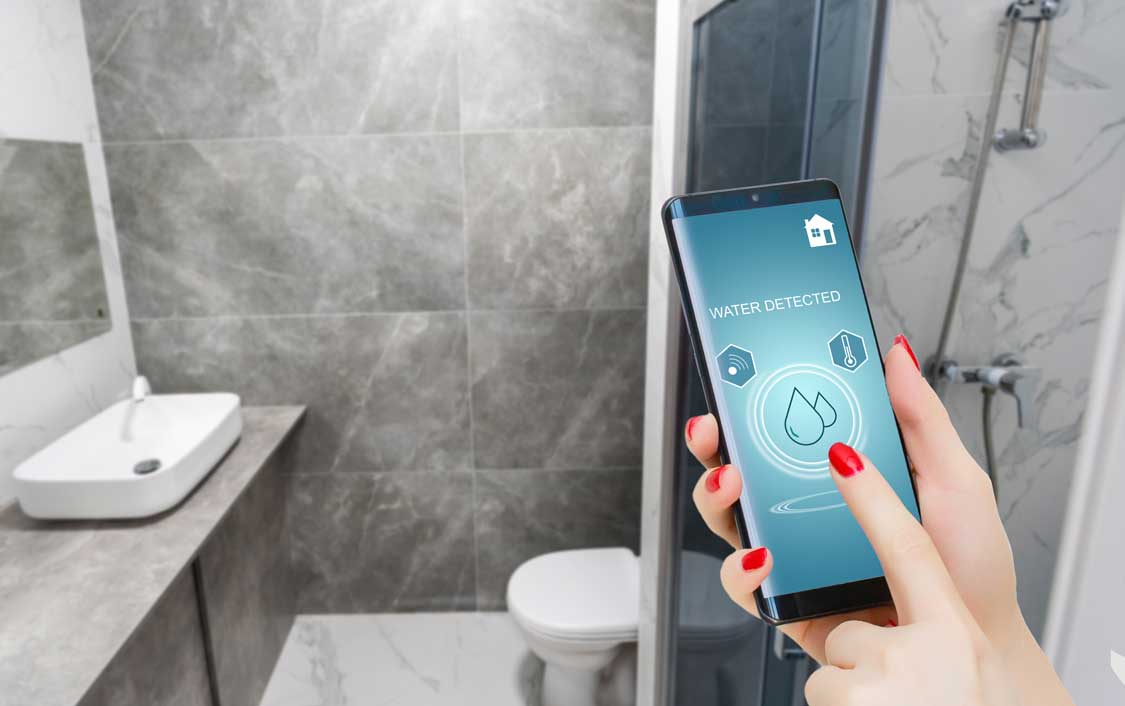Plumbing backflow occurs when water flows in the opposite direction of normal water flow, so instead of going down the drain, it goes up. This causes problems with your plumbing and can lead to other issues such as overflowing bathtubs or toilets or leaks from pipes in your home’s ceiling. While plumbing backflow itself isn’t necessarily dangerous, there are several common causes of plumbing backflow you should know about before it becomes a serious problem in your home.
Clogged Drain Pipes
If you have a drain pipe that’s been clogged by debris, then water may not be able to pass through it properly. This is one of the most common causes of plumbing backflow, and luckily it’s easy to fix: use a sink strainer or drain cleaner to unclog your pipes. Another option is to purchase and install an air admittance valve (AAV), which allows water in while preventing sewer gases from entering your home.
Improperly Installed Fixtures
There are many types of plumbing fixtures, but most can be categorized as either a drain or a waste-overflow. If your problem is a clogged pipe inside a sink or tub, check to make sure that it’s properly connected to a P-trap and not leaking.
Sinks and toilets will sometimes fill with water if they aren’t installed properly or if they are overused by someone who doesn’t know how to use them correctly. It’s important to carefully read instructions before installing these kinds of plumbing fixtures in order to avoid unnecessary problems.
Leaky Faucets
A dripping faucet will not just waste a lot of water, but can also cause major plumbing backflow if left unrepaired. The excess water pressure created by an ill-maintained faucet will eventually find its way into your home’s pipes and damage them. This is why it’s essential to regularly check all your faucets for leaks or cracks—and get in touch with a plumber if you spot anything worrisome.
It’s also worth noting that faulty plumbing parts are common causes of plumbing backflow. If you need help installing new ones, contact a local plumber as soon as possible.
Low Water Pressure
Water pressure is crucial for preventing plumbing backflow, so it makes sense that low water pressure is one of the most common causes. If you’re suffering from low water pressure, your pipes are taking too long to fill up with water after you turn on a faucet. This can often lead to leaks and overflows because there isn’t enough water in your pipes when they need to be filling up.
The best way to prevent plumbing backflow caused by low water pressure is regular maintenance; schedule an appointment with a professional plumber who can test and monitor your system until you get things working correctly again.
High Water Pressure
The first cause is typically high water pressure. When you open your taps, high water pressure forces water through any leaks in your plumbing system. This backflow results in an overflowing toilet and a leaky faucet. To reduce your risk, check your pipes for leaks on a regular basis. Also, be sure to have all new pipes professionally checked for any problems prior to installation.
Wrongly Wired Hoses and Valves
Another main cause of plumbing backflow is incorrectly wired hoses and valves. Before you hook up your sink or tub, make sure your pipes are clearly labeled. You should also examine each pipe before connecting it to make sure that it’s properly wired. This simple check can help you avoid a major plumbing backflow problem in your home. Remember: Not all fittings are made alike—make sure you get them from a reputable plumber.
Gotta Clog? Call the Dog!
Most people never think about plumbing backflow. They assume that if their plumbing systems are working, then nothing bad can possibly happen. Unfortunately, even though problems may not occur often, when they do occur they can cause serious damage to your property and create dangerous situations for you and your family. What causes plumbing backflow?
The three main causes of plumbing backflow include: blocked vents, broken pipes, and sinks being used as toilets.
To learn more about each cause as well as what you can do to prevent it from happening in your home or business contact Bulldog Rooter today!
Get in contact with our Backflow Professionals at Bulldog Rooter today to learn more or to schedule a Backflow Testing or Repair service!

